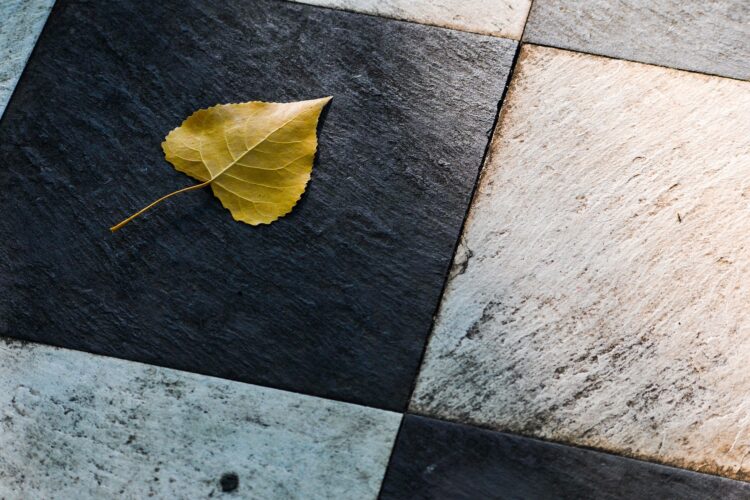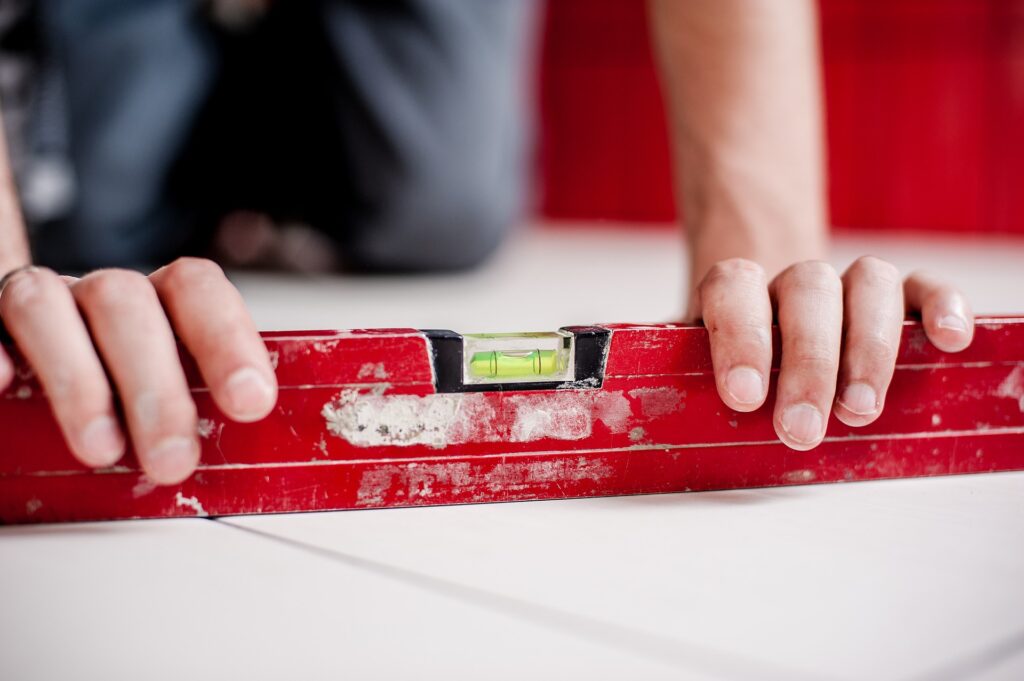
Groutable Vinyl Tiles
Vinyl flooring has been around for quite some time now but you might be interested in learning more about groutable vinyl tiles. Due to their durability, low cost, long life and minimal maintenance, vinyl flooring tiles have gained popularity. They are available in a wide variety in both design and characteristics and can be used in nearly all rooms of your home. Groutable vinyl tiles are a relatively new innovation. The grout gives your tile floor a more realistic look of stone or wood depending on your choice.
Types of Groutable Vinyl Tiles
They can be classified into two major categories:
- simple and affordable
- luxury
Although the durability of both types may be somewhat the same, the distinguishing feature among these two is the look. The luxury options look more realistic and closely resemble the look of natural stone or wood. Also, their finishing quality is also much better than the cheaper ones. On the other hand, their cost can be surprisingly high. Regardless of which ones you chose, there is a wide variety of designs and looks available. From wood to stone, there are countless patterns available that can satisfy your desire.

Pros
Affordable
Compared to other flooring materials such as wood, stone, ceramic or marble, vinyl options are relatively affordable. Yet, they give exactly the same look as these high-end flooring materials.
Durable
Additionally, they are highly resistant to water, wear & tear and can stand high traffic for long periods of time.
The maintenance of groutable vinyl tiles is very easy and they can be dusted with a broom or a cleaning cloth. As they are waterproof, a damped cloth can conveniently remove sticky stains. Keep in mind that with grout, you’ll want to seal for waterproofing.
Easy to Install
Also, installation is quite straight forward. They are much easy to install, The peel & stick groutable vinyl tiles can be installed on a variety of floors and the grouting can be carried out as soon as the tiles have been installed.
Tiles can be easily installed on top of wooden floors, existing vinyl tiles or planks, concrete, etc if the floors are not severely damaged. They have low thickness and will not affect the height of your existing floors. They are flexible and can tolerate slight differences in the floor level.
Versatile
Lastly, they are warm and easy on your feet and those of your children. They are very appropriate for a home with children and they create less noise than other types of floors.
Groutable vinyl tiles can be used for flooring of all rooms including your kitchen and bathrooms.
Cons
Tough to remove
Sometimes the adhesive backing hardens and the glue is difficult to remove. Keep this in mind for future repairs or replacement.
Inconsistent quality
You can find that the tiling options have inconsistent quality. Make sure you look for thickness and how the product is made when shopping.
Repairs
Consider that it may be more difficult to repair this type of floor because it’s hard to remove and may be hard to match unless you have bought some extra. Also, vinyl is prone to indentation.
Tools/Materials Needed:
- tape measure for measuring
- chalk line
- pencil
- carpenter’s square
- utility knife
- grout float tool
- tile spacers
- sponges
- non-scratch based scrubbing pad
- 2 empty buckets
- a roller pin or any roller which is not heavy.
- good quality pre-mixed grout
- good quality ammonia-based cleaner
Installation Steps

Prep Work
- Clean the floor thoroughly for dust, stains and stickiness.
- Make sure that your floor is ready and properly levelled. Groutable vinyl tiles are flexible. However, it is highly recommended that any serious bumps in your floor should be properly filled and the entire floor should be leveled before installation. You can install the groutable vinyl tiles over existing flooring of vinyl, plywood and concrete. Do not install over flooring made of particle board, wafer board, Sturd-I Floor, strip wood flooring, existing cushioned vinyl flooring, plank flooring or carpet. Remove these floorings prior to installing groutable vinyl tiles.
- Make a plan based on the shape of your room. Find the center of your room. Begin sticking the tiles starting from the center of your room.
- Do a dry run. Before removing the peeling from the backside of the groutable vinyl tiles, you should lay them down on your entire floor. For convenience, you can divide your room into cross-sections and fill them up with the groutable vinyl tiles.
Laying the Vinyl Floor
- As the groutable vinyl tiles would require grouting, you must place the tile spacers between the tiles to ensure ample room for the grout, usually 1/16th of an inch.
- Peel off the tiles and you will see a mark at the backside which will show you the direction in which the tiles should be placed; place all tiles according to the marked direction.
- Once you have placed all of the tiles, apply a light pressure on all of them either by using a roller pin or by your feet to ensure that they adhere properly to the floor.
- Apply the pre-mix grout in the spaces between the tiles evenly by using your grout float tool.
- Remove the excess grout mixture carefully with the help of a scraper or the grout float tool.
- Using a slightly damp sponge, keep cleaning every section you complete. Frequently, squeeze the sponge in a bucket of water to ensure that excess grout mixture is removed from the sponge and does not spread on the floor.
- Wait for 24 hours and then use the ammonia cleaner with the scrubbing pad and remove all residue to ensure a clean look. Your groutable vinyl tiles are ready.
Final Words
Now you know more about options when it comes to your flooring. When buying your vinyl floor materials, you must clearly mention that you will be using grout. With this proper guidance, you can install this flooring as a DIY project and improve the look and function of your home.